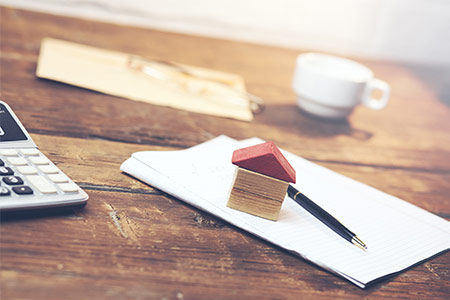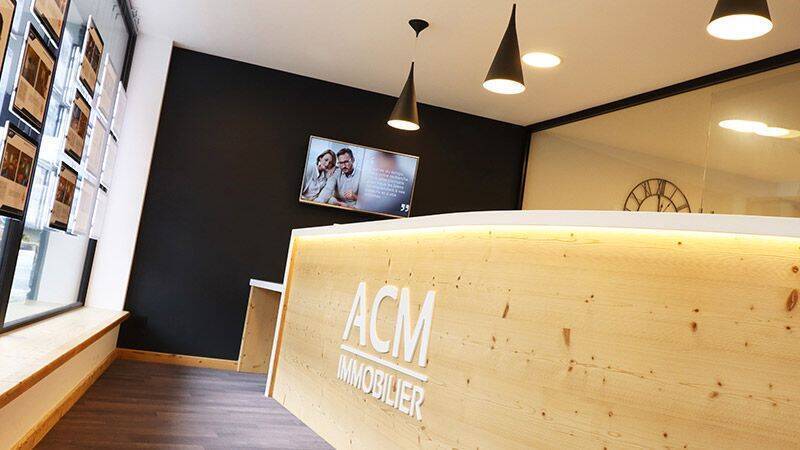Furnished rentals offer undeniable tax benefits. Falling under the industrial and commercial profits (BIC) regime, you can easily reduce your taxes.
The Advantages of Furnished Rentals
In the context of a furnished rental, it is possible to ask for a rent 10 to 30% higher than for an equivalent unfurnished rental. This ensures a better gross profitability.
For a furnished property, rents are taxed as industrial and commercial profits (BIC) and not as land income, which allows for tax benefits. If your rental income does not exceed €23,000 per year, and if you are not registered in the trade register as a professional landlord, you benefit from the status of non-professional furnished landlord (LMNP).

Non-Professional Furnished Rental: Possible Tax Regimes
You can then choose to be taxed under the flat-rate regime or micro-BIC. This is the simplest regime, since a 50% deduction will be applied to the rents. This regime is applicable if your income does not exceed €70,000 / year.
** Example: a landlord rents out a furnished property and receives €10,000 in rent in 2019. In his 2020 tax return on 2019 income; he chooses the micro-BIC. The 50% deduction applies: €10,000 x 50% = €5,000. The landlord will therefore be taxed on €5,000 of the rents received.
If the micro-BIC regime does not suit you, you can choose to have your rental income taxed according to the real regime. This regime is particularly attractive because it sometimes allows not to pay any tax. However, the formalities and declarations are complicated and will require the support of an accountant.
You will be able to deduct your expenses such as loan interest, borrower and non-occupying owner insurance, renovations carried out, etc. You automatically benefit from the real regime only if your annual income exceeds €70,000. If this is not the case, you still have the option to decide to opt for this regime.
** Example: a landlord buys a property for €100,000 and buys €10,000 of furniture. According to the accountant, the depreciation of the property is possible over 20 years, i.e., a deduction of €5,000 per year (€100,000 / 20). In 2019, he also paid €500 in loan interest and €1,000 in property tax.
If he opts for the real regime, he will be taxed on a basis of €10,000 – €5,000 – €2,000 – €1,000 – €500 = €1,500.
Despite the obligations it imposes on you as an owner, furnished rental remains a tax-efficient solution if you are looking to invest in a rental property. Note that seasonal rentals fall under the furnished rental regime.




